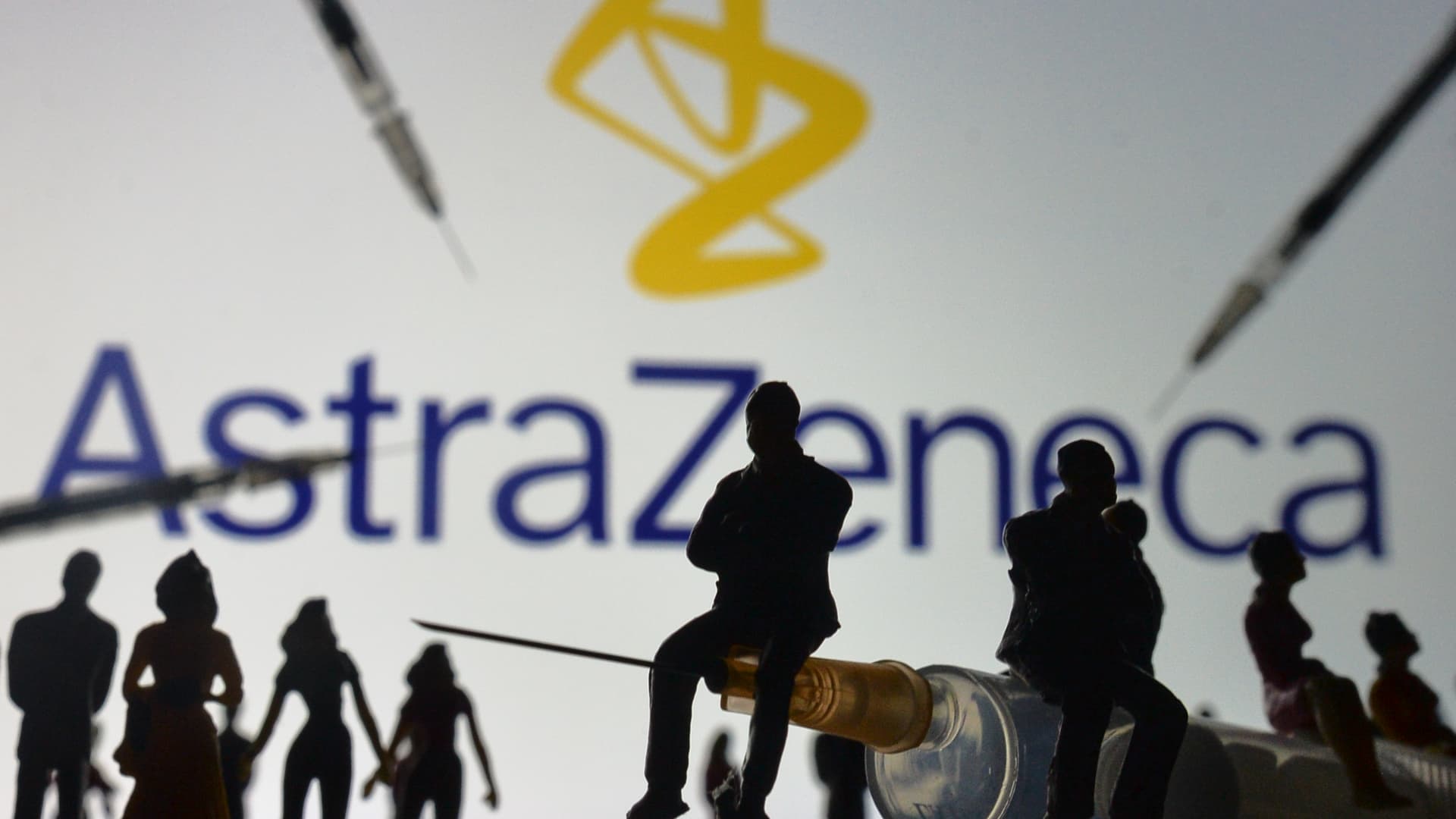LONDON — AstraZeneca said Wednesday it has invested in Huma, a U.K.-based medical technology start-up, as part of a broader commercial tie-up between the two firms.
The British pharmaceuticals giant has taken a roughly £25 million ($33 million) stake in Huma, according to a person familiar with the matter. The person preferred to remain anonymous discussing commercially sensitive information.
As part of the deal, Huma will also acquire AMAZE, a disease management platform developed by AstraZeneca for asthma and heart failure patients, the person said.
AstraZeneca and Huma declined to comment on the financial terms of their agreement.
“AstraZeneca will become a shareholder of Huma continuing its mission to build strategic partnerships across the healthcare ecosystem,” an AstraZeneca spokesperson told CNBC.
“We will collaborate closely to scale AMAZE across multiple projects driving our shared ambition to improve clinical outcomes through digital health solutions that bridge the gap between patients, clinicians, and researchers.”
Huma develops applications that let doctors monitor a patient’s symptoms and vital signs remotely. It also collects health data using smartphones, wearables and other devices to help clinicians with conducting medical research involving patients.
AstraZeneca already works with Huma on carrying out clinical trials virtually by using the company’s technology. With its new partnership, Huma aims to become the “extended digital health arm” of AstraZeneca, CEO and co-founder Dan Vahdat told CNBC.
“On the research side, digital tools are becoming the standard,” Vahdat said in an interview. “We are well positioned with the network of patients we already have, and the simplicity of our technology.”
Vahdat said the progress of Huma’s virtual clinical trials was “accelerated” by the coronavirus pandemic. He believes the technology has the potential to cut the cost and time involved in completing drug trials dramatically. Whereas it would normally take 12 years and cost around $1.5 billion to get a drug clinically approved, virtual trials can reduce that by two years and “a few $100 million,” he said.
The move will also help Huma pursue further expansion in the U.S., where AstraZeneca has partnerships with the likes of Massachusetts General Hospital and Stanford University, Vahdat said.
It marks a rare start-up investment for AstraZeneca which, alongside Pfizer and Moderna, is one of the largest manufacturers of Covid-19 vaccines globally.
In a statement Wednesday, Karan Arora, AstraZeneca’s chief commercial digital officer, said the tie-up marked “a first for AstraZeneca in the digital space.”
“With Huma, we are accelerating AstraZeneca’s ambition to achieve earlier diagnosis and treatment for patients with chronic diseases so they can lead better, more fulfilling lives,” Arora said.
Founded in 2011 as Medopad, Huma has raised a total of more than $200 million in venture capital funding to date from investors including Bayer, Samsung and Sony.
